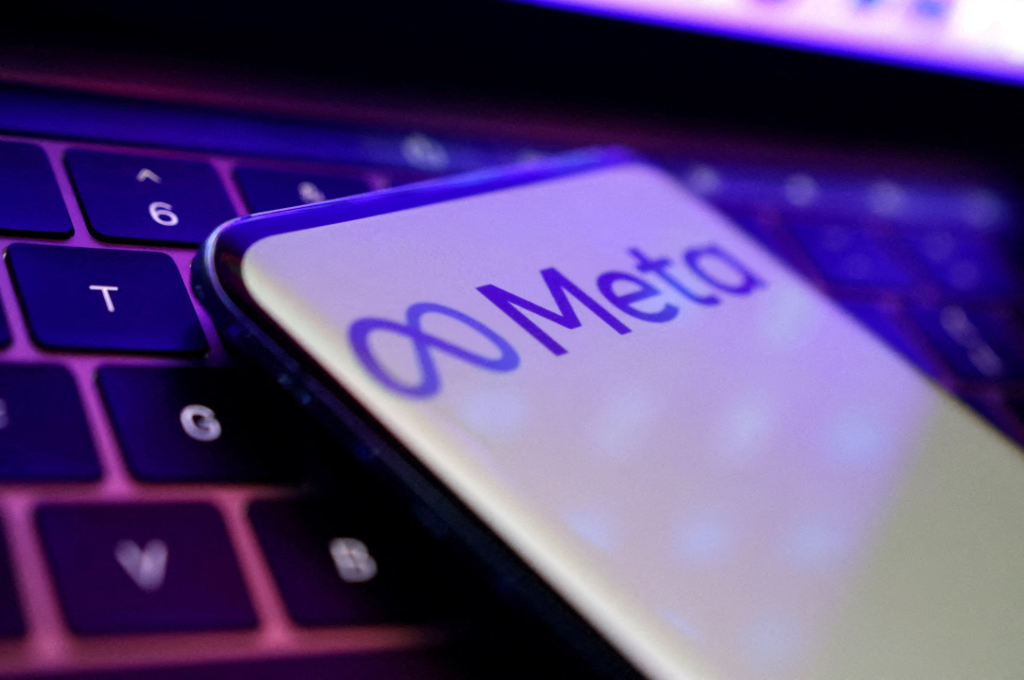Meta (META) will report its fourth quarter earnings after the bell on Wednesday, and analysts and investors will be looking for signs that the company’s massive AI spending is continuing to pay off.
Last week, CEO Mark Zuckerberg announced that Meta plans to spend between $60 billion and $65 billion on AI infrastructure projects throughout 2025, including the construction of a data center that the executive says is so large its footprint would cover a large chunk of Manhattan.
That represents an enormous year-over-year increase in capital spending for Meta. The company previously projected $38 billion to $40 billion in capital expenditures in 2024, up from prior estimates of $37 billion to $40 billion.
Shares of Meta are up 65% over the last 12 months.
In Q4, Meta is expected to report earnings per share of $6.75 on revenue of $46.9 billion. That’s up from the $5.33 on $40.1 billion the company reported in the same period last year. Analysts are also expecting a sizable year-over-year increase in Meta’s advertising revenue from $38.7 billion in Q4 last year to $45.6 billion.
At least part of that increase comes from advertisers and users taking advantage of and accessing Meta’s AI services. Advertisers can use AI offered via Meta to quickly build out ads, while users interface with the company’s AI via their Reels feeds.
Meta also announced on Friday that it will begin testing ads on its X rival Threads. While not as large as Facebook, Instagram, or WhatsApp, Threads could still provide a boost in overall revenue if Meta’s advertising plans for the platform pan out.
In an investor note, Jefferies analyst Brent Thill said he anticipates Meta will report solid numbers in the quarter thanks to its heavy AI investments.
“Overall, we continue to be encouraged by Meta’s ability to sustain [double-digit] rev growth, given the combination of higher engagement from AI investments, increased advertiser efficiency and ramping of incremental monetization formats (e.g. WhatsApp & Llama),” Thill wrote.
Meta is pouring money into its AI efforts to ensure it beats out rivals like Microsoft-backed (MSFT) OpenAI and Google (GOOG, GOOGL) and Amazon-backed (AMZN) Anthropic. Zuckerberg’s announcement came after OpenAI, Oracle (ORCL), and SoftBank announced a joint venture called the Stargate Project, which the trio says will spend as much as $500 billion constructing AI data centers across the US.
Meta also continues to wait on the outcome of President Trump’s efforts to keep TikTok up and running. The platform went offline briefly on Jan. 19 before Trump provided assurances that he would issue an executive order curtailing enforcement of a law that would effectively ban the app in the US.



